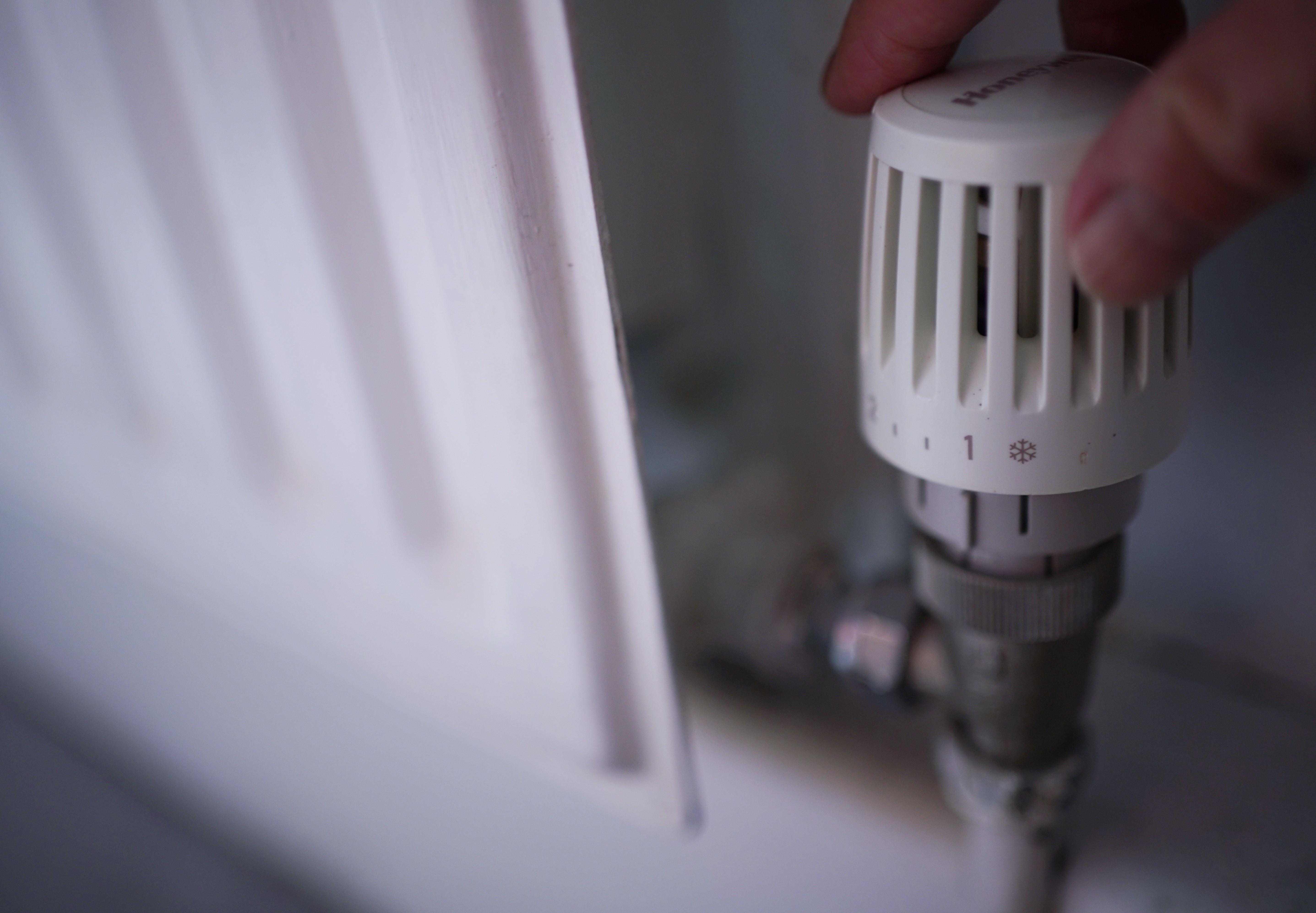Hydrogen will not have major role in heating homes, review of studies finds
Researchers looked for evidence in 32 independent studies.

Your support helps us to tell the story
From reproductive rights to climate change to Big Tech, The Independent is on the ground when the story is developing. Whether it's investigating the financials of Elon Musk's pro-Trump PAC or producing our latest documentary, 'The A Word', which shines a light on the American women fighting for reproductive rights, we know how important it is to parse out the facts from the messaging.
At such a critical moment in US history, we need reporters on the ground. Your donation allows us to keep sending journalists to speak to both sides of the story.
The Independent is trusted by Americans across the entire political spectrum. And unlike many other quality news outlets, we choose not to lock Americans out of our reporting and analysis with paywalls. We believe quality journalism should be available to everyone, paid for by those who can afford it.
Your support makes all the difference.Hydrogen will not have a major role in the future of heating homes across Britain, according to a new review of more than two dozen independent studies.
The peer-reviewed report found that not one of the independent research pieces it identified thought there would be widespread use of the fuel in central heating systems.
The Government is set to decide by 2026 what role hydrogen will play in future UK homes.
It is currently running trials, and by 2035 hydrogen could be playing a big role in heating homes and businesses and powering cookers, the Government said last year.
But the research, published in academic journal Joule, found that using hydrogen in domestic heating is less economic, less efficient, more resource intensive and has a bigger environmental impact than many alternatives.
These include heat pumps, using solar thermal panels which heat water directly in the sunlight, and district heating – where whole blocks or neighbourhoods are supplied through the same hot water system.
“Using hydrogen for heating may sound attractive at first glance,” said Jan Rosenow, Europe director at the Regulatory Assistance Project think tank in Brussels, who carried out the research.
“However, all of the independent research on this topic comes to the same conclusion: heating with hydrogen is a lot less efficient and more expensive than alternatives such as heat pumps, district heating and solar thermal.
“Rather than hoping for hydrogen to eventually be able to replace fossil gas used for heating our buildings we should focus on speeding up the roll-out of energy efficiency and heat pumps, technologies consistently identified as critical for reducing carbon emissions from buildings.”
Proponents of hydrogen for heating say that the gas could tap into the existing natural gas pipelines that currently connect to most homes in the UK.
They also believe that it would be easier to reconfigure homes to run with hydrogen boilers.
At its most green, hydrogen can be made by using renewable electricity to split water molecules into hydrogen and oxygen.
But only a small portion of hydrogen is currently made this way – 95% is made by splitting natural gas into hydrogen and carbon – which contributes to climate change unless the carbon is captured.
Figuring out a new way to heat homes will be incredibly important as the world switches towards a sustainable future.
Around 50% of global final energy use in the world today is used for heating and cooling.
In the UK nearly nine in 10 households use natural gas to heat their homes.
Mr Rosenow’s report said that hydrogen will be needed elsewhere in the economy – for heavy industry, to store electricity and to run ships, for example.
Unlike heating, there are few other viable alternatives for these areas.
Heat pumps would also be a cheaper way to heat homes in the long run, the studies find. Making green hydrogen will likely become much cheaper because the cost of green electricity falls.
But that will also mean that using the green electricity to power a heat pump will also become cheaper at the same time.
Michael Liebreich, Bloomberg New Energy Finance founder and chairman of Liebreich Associates, said: “This is a timely paper, showing that no serious analysis has hydrogen playing more than a marginal role in the future of space heating.
“We need to get Europe’s heating systems off natural gas, and we need to do it without further delay.
“It’s time to stop the fight: the judges are unanimous and the winners are district heating, heat pumps and electrification.
“What clean hydrogen we have, we need to save for the parts of the economy electrification cannot reach. In particular we need it to replace the dirty hydrogen we use right now, which is driving 2% of global CO2 emissions.”